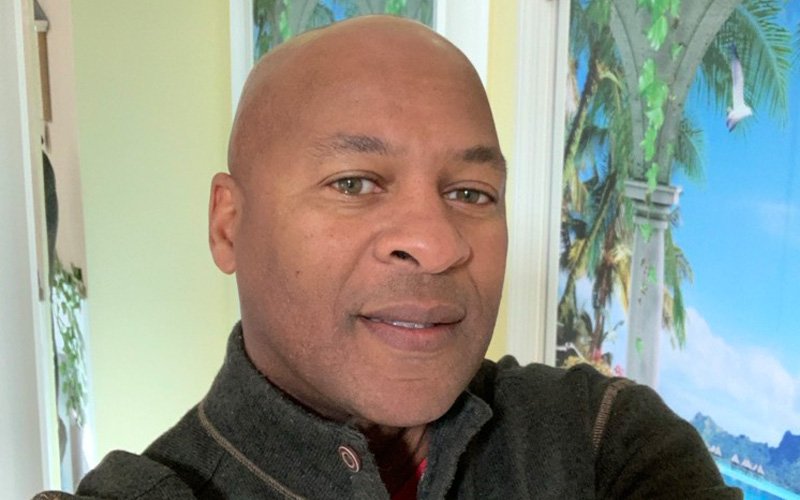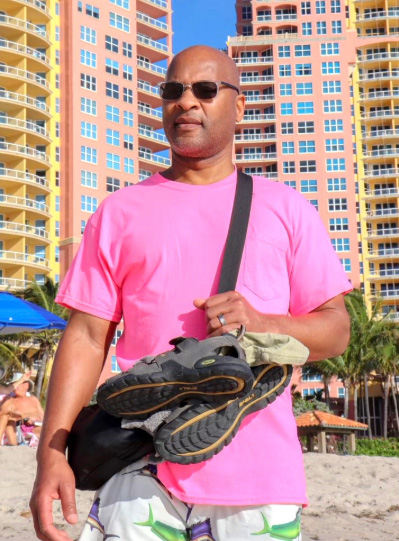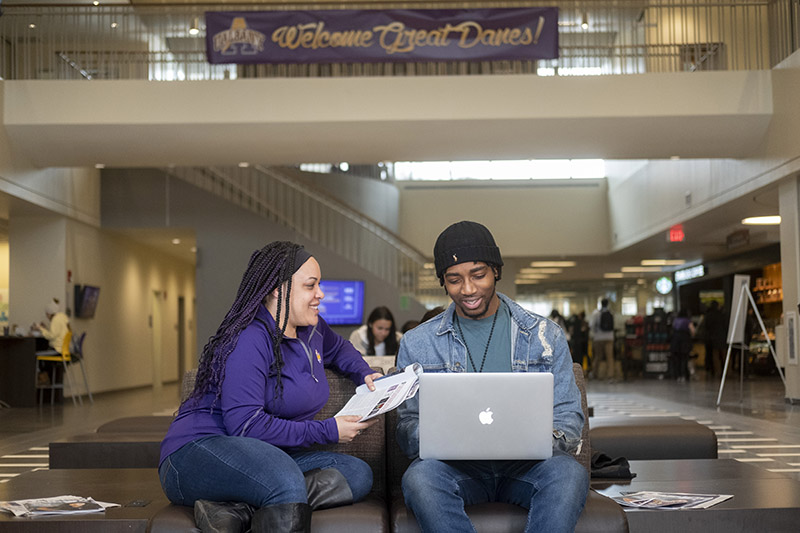UAlbany Alum Steven G. James Named Superintendent of the New York State Police

By Erin Frick
ALBANY, N.Y. (April 18, 2024) — With a UAlbany psychology degree and a lifelong interest in the factors that shape human behavior and decision making, Steven G. James ’88 has built a career in law enforcement that spans more than three decades.
On April 4, James was confirmed as superintendent of the New York State Police, where he leads nearly 6,000 New York State Police sworn members and non-sworn staff.
The Niskayuna native entered State Police service in 1987 and has spent more than 20 years in leadership roles. Most recently, James served as deputy superintendent of employee relations, where he oversaw critical operational processes and human resource services including the employee assistance program, recruitment and hiring, medical monitoring, the state police academy, entrance and promotional examinations, and statewide training programs.
In his 32 years with the service, James has been a trooper, investigator, sergeant, senior investigator, lieutenant, captain, major, staff inspector, assistant deputy superintendent and deputy superintendent. Assignments throughout the state included criminal investigations, field command, narcotics enforcement and the professional standards bureau.
James earned his B.S. in psychology from UAlbany and went on to earn a master’s degree in public administration from Marist College. He has been a member of the New York State Association of Chiefs of Police, the National Organization of Black Law Enforcement Executives and the Northeast Chiefs of Police Association.
To celebrate this latest career milestone, we asked James to share insights on how studying the field of psychology has supported fundamental aspects of his career in law enforcement.
What drew you to study psychology at UAlbany?
At a very early age, I was intrigued by the concept of decision making. As I grew older, I began to learn that there are numerous psychological factors that influence the decisions that individuals make every day. Examples include social and emotional influences, cognitive biases and our perceptions of various risks. I was also raised by a law enforcement officer, and this helped me realize that psychology has a strong bearing on everyday life decisions — whether they pertain to life at home, work or socially.
How has your understanding of psychology served you in your career?
Ever since I can remember, I’ve been interested in the study of behavior and emotions in relation to how people feel, think and act. Studying psychology enabled me to gain a deeper understanding of human behavior and emotions, cognitive processes and social dynamics. This has helped me more effectively interact with the public and co-workers in various situations, including crisis intervention, conflict resolution and de-escalation.
In particular, my knowledge of psychology helped enhance my interview and interrogation skills, enabling me to elicit information more effectively, detect deception and understand the psychological factors at play during interviews with witnesses, suspects and victims. These skills have also been critical in scenarios involving victim support, trauma response, and education policy development and reform.
Altogether, my understanding of psychology has allowed me to better serve the community and uphold the principles of justice and public safety.
What are you most looking forward to in your new role as superintendent?
I am looking forward to modernizing the law enforcement organization with the use of technology, artificial intelligence and the implementation of the Police “DESTINY” Plan. This plan focuses on strategic organizational forecasting. An organization that embraces “futuring,” that is, the practice of envisioning and planning for potential futures, creates a culture of innovative, forward-thinking people, which allows the organization’s overall operations to be more versatile. As I progress within this position, I’ll be working to address challenges such as improving recruitment and retention throughout the organization, enhancing use of technology and data privacy, improving mental health crisis responses, and building community trust and police-community relations.
What words of wisdom would you share with a young person interested in a career in law enforcement?
Policing continues to be a noble profession and an honorable service. It requires courage, commitment and integrity to upholding the principles of fairness, justice and public safety. Law enforcement is a challenging career, and by demonstrating consistent dedication to service, anyone can make a positive difference in the lives of others.
I would encourage anyone interested in this field to closely assess their skills and interests and consider personal values and motivations. Research the field and seek advice from people working in the field and from those who know you. It is also important to evaluate the associated work lifestyle and demands, and gain exposure to the desired area of law enforcement to get an idea of what to expect from that specific kind of work.
These steps can help you assess your level of commitment, determine whether law enforcement will be a good fit, and help you make an informed decision about your career path. This has been a proven, tried and true strategy that I have used throughout my entire career.
What do you enjoy doing in your spare time?
I enjoy attending car shows, as I am an avid sports car buff. Corvettes do it for me. I also enjoy completing home improvement projects, especially installing wireless lighting and other home devices that can be controlled via apps. I especially enjoy cruising the Caribbean with my family. I’m currently overdue for some sun-filled, sunset views aboard a passenger cruise ship.








